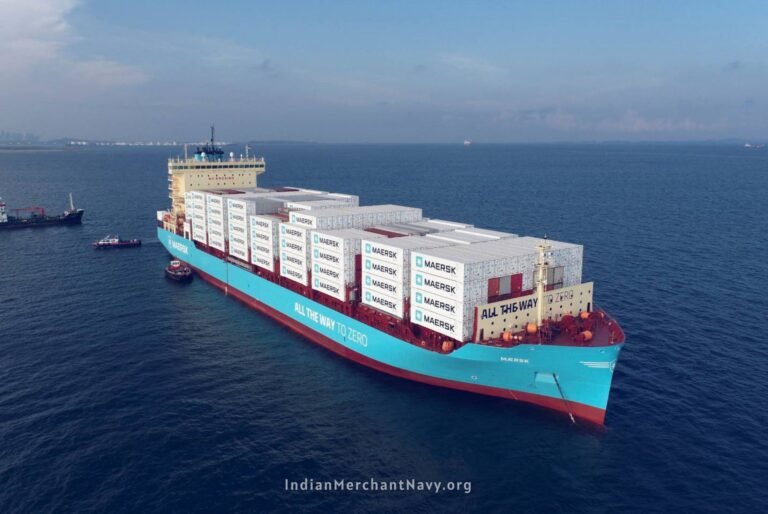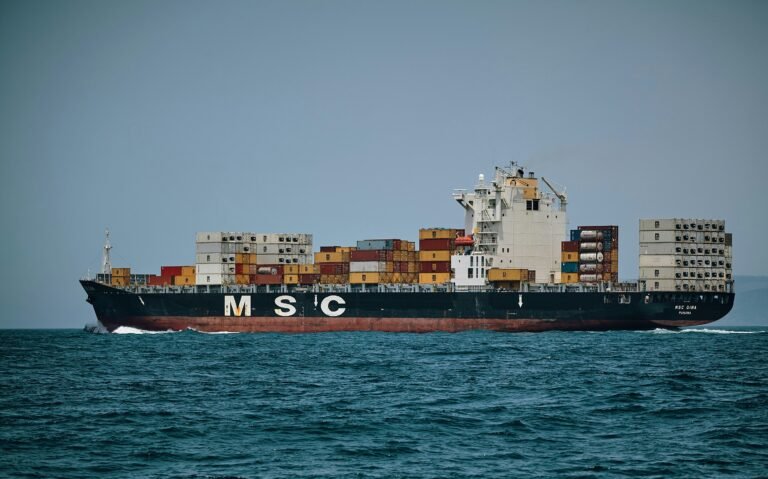Most Asked Questions About Merchant Navy FAQ
30 FAQs Regarding Merchant Navy: Answers to Common Questions
The merchant navy is a fascinating and dynamic industry that offers exciting career opportunities at sea. Whether you are considering joining the merchant navy or simply curious about this field, here are answers to 30 frequently asked questions (FAQs) that can provide you with valuable insights.
1. What is the merchant navy? The merchant navy refers to the fleet of commercial ships engaged in international trade and transportation of goods and passengers.
2. What is the role of the merchant navy? The merchant navy plays a vital role in global trade by transporting goods, commodities, and people across the world’s oceans.
3. What are the career options in the merchant navy? Career options in the merchant navy include deck officers, marine engineers, electrical officers, catering personnel, and various shore-based positions.
4. How do I join the merchant navy? To join the merchant navy, you need to complete the necessary education and training, obtain the required certifications, and pass the selection process conducted by shipping companies or maritime institutes.
5. What are the eligibility criteria for joining the merchant navy? Eligibility criteria vary depending on the position and country. Generally, you need to meet age requirements, educational qualifications, and medical standards set by the respective maritime authorities.
6. What qualifications are required to become a deck officer? To become a deck officer, you need to complete pre-sea training, such as a Bachelor’s degree in nautical science or marine engineering, followed by an approved cadetship program.
7. What qualifications are required to become a marine engineer? To become a marine engineer, you need to complete pre-sea training, such as a Bachelor’s degree in marine engineering, followed by an approved cadetship program.
8. What are the responsibilities of a deck officer? Deck officers are responsible for navigation, safety, cargo operations, and overall management of the vessel’s deck department.
9. What are the responsibilities of a marine engineer? Marine engineers are responsible for operating, maintaining, and repairing the vessel’s machinery, propulsion systems, and auxiliary equipment.
10. What is onboard training like? Onboard training provides practical experience and exposure to the ship’s operations, allowing trainees to apply their knowledge in real-world scenarios under the guidance of experienced professionals.
11. What are the working conditions like at sea? Working conditions at sea can vary depending on factors such as the type of vessel, route, weather conditions, and company policies. It involves working in shifts and adapting to life onboard a ship for extended periods.
12. How long are the contracts for seafarers? Contract durations for seafarers can range from a few months to several months, depending on the nature of the job and the company’s operational requirements.
13. What are the medical requirements to join the merchant navy? Medical requirements include passing a medical examination conducted by an approved medical practitioner to ensure that you are physically fit to work at sea.
14. Are there opportunities for women in the merchant navy? Yes, opportunities for women in the merchant navy have been increasing, and more women are pursuing careers as deck officers, marine engineers, and other positions.
15. Can I pursue higher education while working in the merchant navy? Yes, many seafarers pursue higher education through distance learning or online programs while working at sea.
16. What is the salary structure in the merchant navy? Salaries in the merchant navy vary depending on the position, rank, experience, and company. Seafarers generally receive a combination of basic salary, allowances, and benefits.
17. Are seafarers entitled to leave? Yes, seafarers are entitled to leave as per their employment contracts and international regulations governing working hours and rest periods.
18. What is the career progression like in the merchant navy? Career progression in the merchant navy involves gaining experience, acquiring higher-level certifications, and obtaining promotions to higher ranks or positions of increased responsibility.
19. What are the challenges faced by seafarers? Seafarers may face challenges such as long periods away from family and friends, adverse weather conditions, demanding work schedules, and isolation at sea.
20. What is the role of maritime unions? Maritime unions play a significant role in protecting the rights and welfare of seafarers, negotiating employment terms, and ensuring compliance with labor regulations.
21. How do seafarers communicate with their families while at sea? Seafarers can communicate with their families through various means such as internet services onboard, satellite phones, and regular mail.
22. Is there a risk of piracy in the merchant navy? Piracy remains a concern in certain regions, but shipping companies and international naval forces take measures to mitigate the risk and ensure the safety of seafarers.
23. What is the importance of safety and emergency training? Safety and emergency training is crucial to prepare seafarers to respond effectively to emergency situations, ensure the safety of the crew and the vessel, and mitigate risks at sea.
24. What are the different types of ships in the merchant navy? The merchant navy includes various types of ships, such as container ships, bulk carriers, oil tankers, gas carriers, passenger vessels, offshore support vessels, and specialized research vessels.
25. Can seafarers take their families onboard? Most commercial ships do not allow seafarers to bring their families onboard due to limited living spaces and safety regulations. However, some specialized vessels may allow family accommodation.
26. What is the retirement age for seafarers? The retirement age for seafarers can vary depending on national regulations, company policies, and individual choices.
27. Can seafarers change their career paths within the maritime industry? Yes, seafarers can transition to different career paths within the maritime industry by acquiring additional certifications, pursuing shore-based roles, or exploring specialized sectors.
28. What is the role of the flag state in the merchant navy? The flag state is responsible for ensuring that vessels registered under its flag comply with international maritime regulations, safety standards, and labor conventions.
29. How is the merchant navy regulated internationally? The International Maritime Organization (IMO) sets global standards and regulations for the safety, security, and environmental performance of international shipping.
30. What is the future outlook for the merchant navy? The future outlook for the merchant navy is promising, with increasing global trade, advancements in technology, and a growing emphasis on sustainable shipping practices.
Remember, specific details and requirements may vary depending on the country, shipping company, and applicable regulations. It is advisable to consult reliable sources and maritime authorities for the most up-to-date and accurate information regarding the merchant navy.

